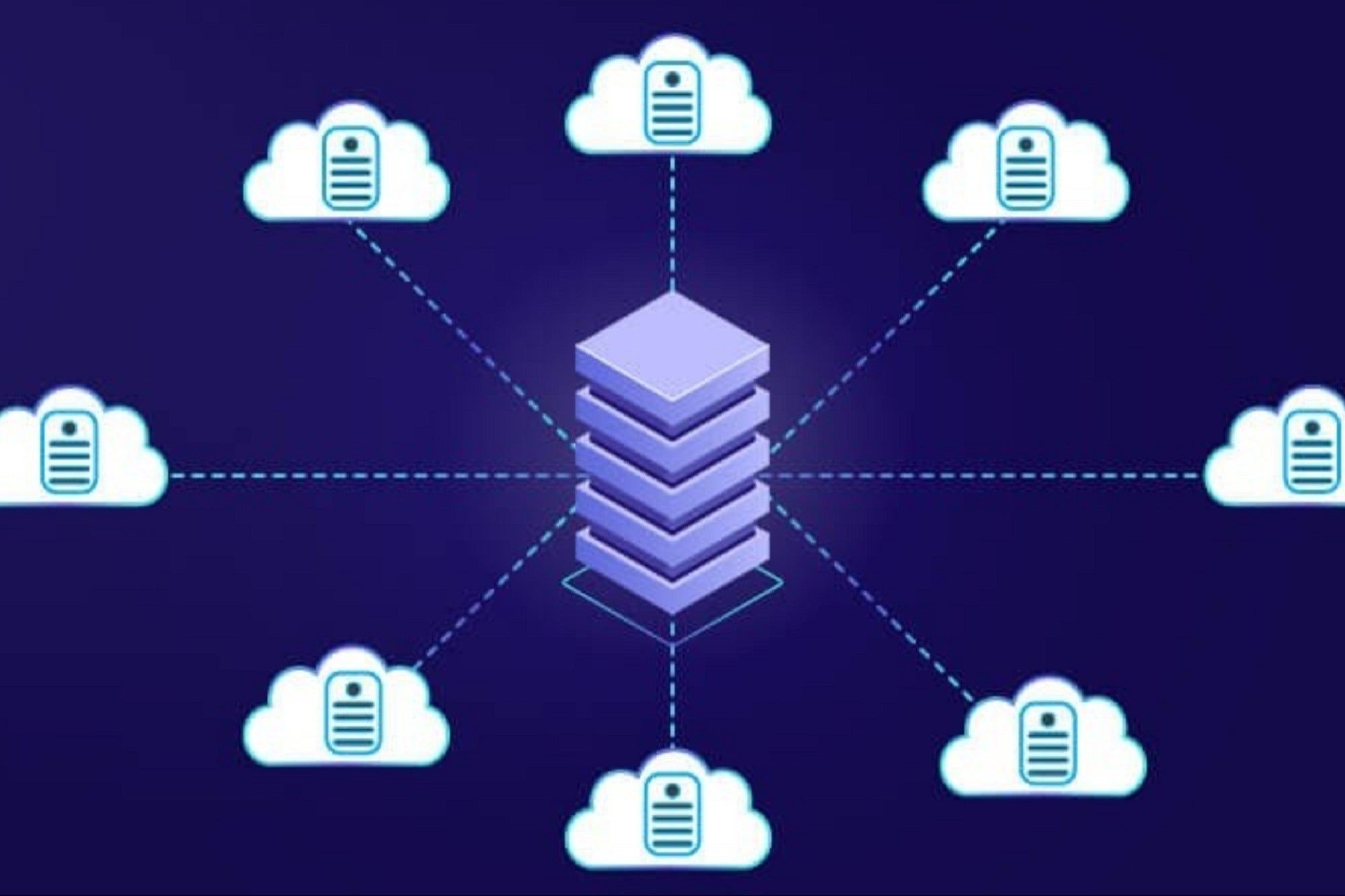Markets
Spanish embassy spotted hunting crypto airdrops on X
The official social media account of the Spanish embassy in Bosnia and Herzegovina has been spotted messaging crypto projects for details concerning airdrops and upgrades, leading onlookers to speculate that its account may have been compromised.
-

 Business1 week ago
Business1 week agoNasdaq-listed fintech Netcapital acquires crypto native protocol Mixie
-

 Business1 week ago
Business1 week agoKenya’s crypto tax could hinder Africa’s digital growth opportunity
-

 Business5 days ago
Business5 days agoSEC axes Biden-era proposed crypto rules in flurry of repeals
-

 Business1 week ago
Business1 week agoMetaplanet shares jump after $5.4B plan to buy Bitcoin
-

 Business1 week ago
Business1 week agoHong Kong to use Chainlink protocol in CBDC pilot project
-

 Business1 week ago
Business1 week agoSEC Chair bashes Gensler’s approach to crypto, defends self-custody
-

 Business1 week ago
Business1 week agoBlackRock’s Bitcoin fund blows past $70B in record pace for ETFs
-

 Business1 week ago
Business1 week agoTether USDT stablecoin seen on Bolivian store price tags



























